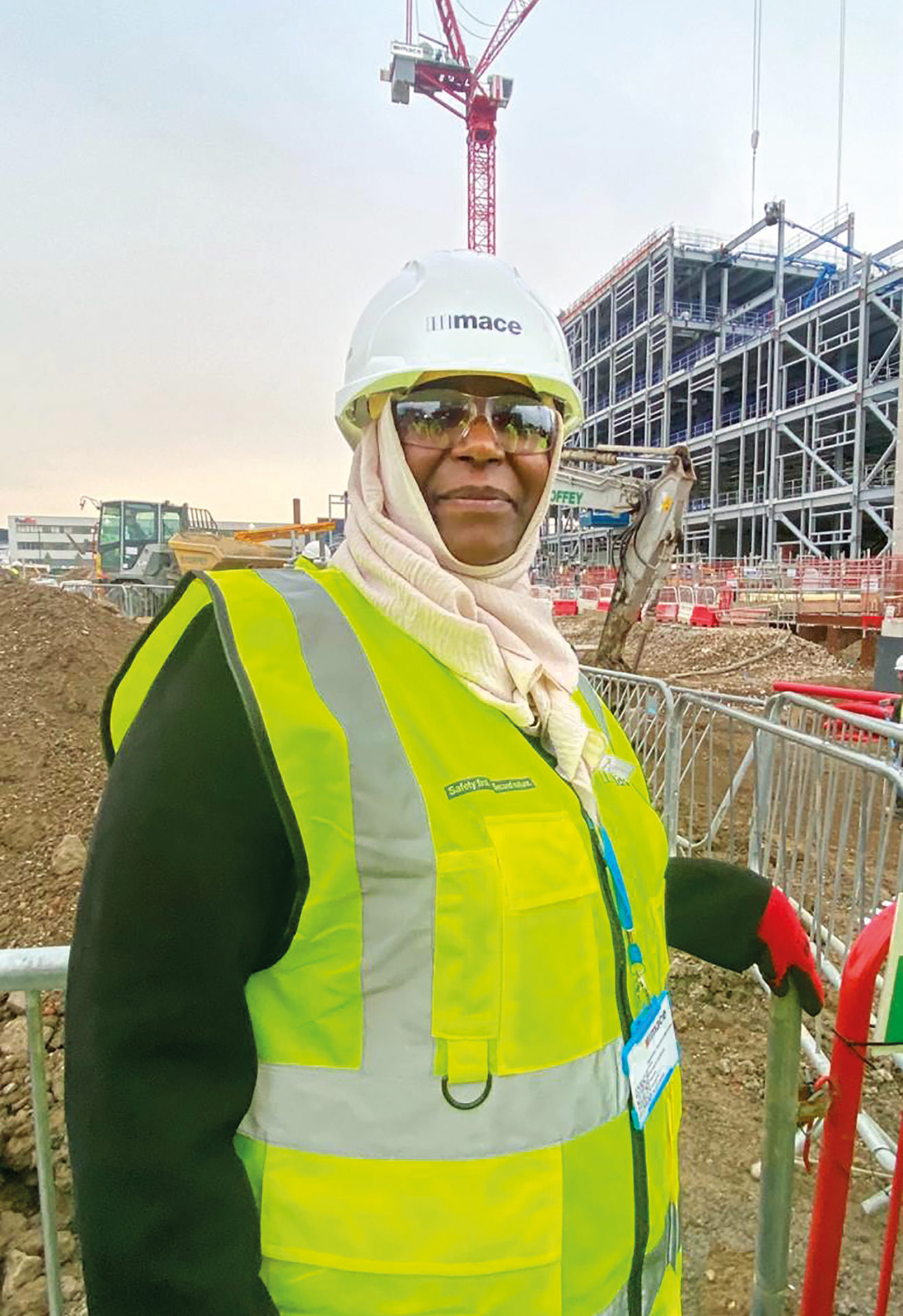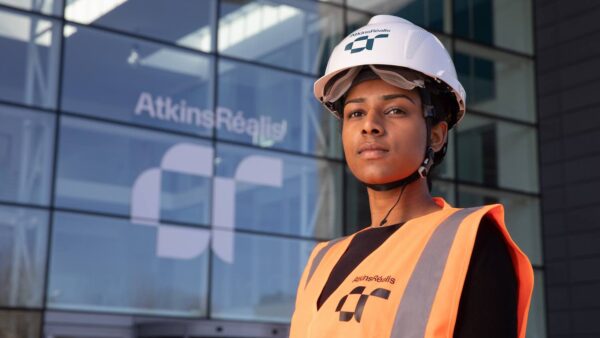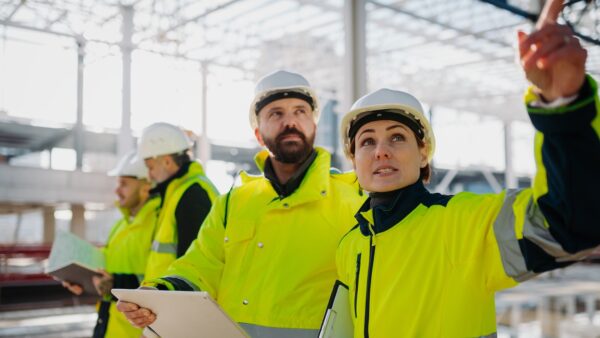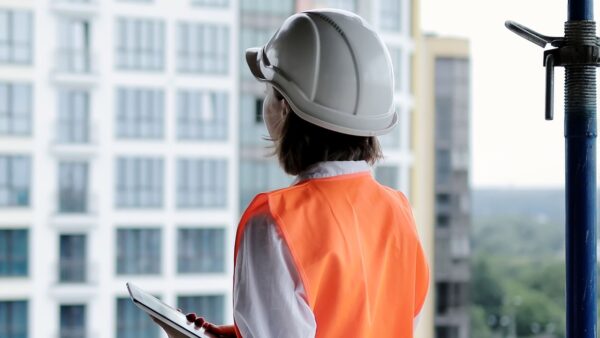Tabarak Ballal FCIOB, professor of construction engineering and management at the University of Reading, is at the cutting edge of research in AI. She shares her insights with CM.
What are you working on at present?
I am working on advancing research and knowledge in artificial intelligence (AI) applications in the construction industry. Specifically, a research project concerned with computational methodologies, using AI, for data-driven social value modelling.
This research is at the cutting edge of current industry thinking – particularly in relation to social value impact of built environment and infrastructure projects.
A second project is looking into digitalisation of construction contract drafting processes, adopting knowledge ontologies and AI modelling approaches. This is exciting research that has stemmed from a recent doctoral degree I supervised.
A third area, which I am discussing with an industry partner and a third stakeholder, relates to the development of an AI decision support tool for mapping risk and social value in healthcare projects.
Why is it important to the construction industry now?

The industry has struggled to take advantage of and reap the benefits from AI applications and technologies; in fact, plenty of evidence exists which demonstrates the industry position as one of the least digitised industries in the world.
At the same time, the industry faces challenges of significant magnitude: improving productivity; reducing inefficiencies; managing climate resilience; impactful economic, social and environmental outcomes from projects; health, wellbeing and safety of construction professionals and end users of built facilities, etc.
The answer to this question is articulated eloquently in a recent white paper by the Construction Leadership Council (CLC), Creating a Productive Environment for UK Construction, in which there is emphasis on the importance of digital adoption in boosting productivity.
Are you working with any companies so they can apply your research on their projects?
I am currently working on a live project with an industry firm in pioneering research concerned with measuring social value impact of their projects using AI.
As this is ongoing research, I am unable to give any insights at this stage but we are looking to publish the outcome in the near future.
Beyond AI, what other areas of research do you think are most crucial for academics to focus on?
Mapping the impact of social value of built environment and infrastructure projects is a research agenda that is crucial in understanding economic, social and environmental benefits.
Health, wellbeing and safety continues to be an incredibly important area of research. The construction industry today has one of the worst outcomes for the workforce, with 507 construction people taking their own lives in 2021, according to the Office for National Statistics.
Academic researchers need to work alongside the industry and professional bodies such as CIOB to address this very important issue.
Interest in EDI continues to dominate discussions particularly in relation to diversifying the construction workforce, gender pay gap and career progression for women and ethnic minorities. Collaborative research between industry professionals and academic researchers is necessary to better articulate the challenges of EDI and propose solutions.
How wide is the gap between academic research and industrial application? What needs to shift in the relationship?
The gap is wide and, while it is difficult to quantify, there is recognition that research in higher education institutions often sits on shelves and doesn’t translate into applications in the real world.
There are exceptions, of course. Conversely, there is recognition that it is harder to capitalise on the UK’s world-class universities because of a shortage in commercial lab space.
I think maintaining links between academia, industry and professional practice is more important than ever because tackling the challenges that our industry faces requires a concerted joint effort and commitment by all involved on taking a collaborative approach to problem-solving and generation of new thinking, new business models and new modes of delivery.
We can meet these challenges by creating academic/industry research forums for discussions of research needs. Two to three-year collaborative research projects could be facilitated through funding from institutions such as Innovate UK’s Knowledge Transfer Partnerships, or industry sponsorship.
Another example is for companies to sponsor master and/or doctoral research projects where candidates could investigate issues pertinent to the needs of the company.
CIOB continues to provide opportunities through its scholarships schemes, which I have been involved with as chair of the Assessment Panel this year.
CV: Tabarak Ballal FCIOB
School of the Built Environment, University of Reading:
2019-23 Professor of construction engineering and management, 2022-present School director of teaching and learning
2019-23 School director of academic tutoring
2014-22 Associate professor, sustainable development in construction
2012-15 Director of undergraduate programmes (construction and surveying)
1998-2014 Lecturer in building technology
1995-98 Teaching assistant, Department of Civil and Building Engineering, Loughborough University
1989-91 Site engineer, Middle East Construction Co Ltd, Khartoum
1989-91 Part-time teaching assistant, Department of Civil Engineering, University of Khartoum










